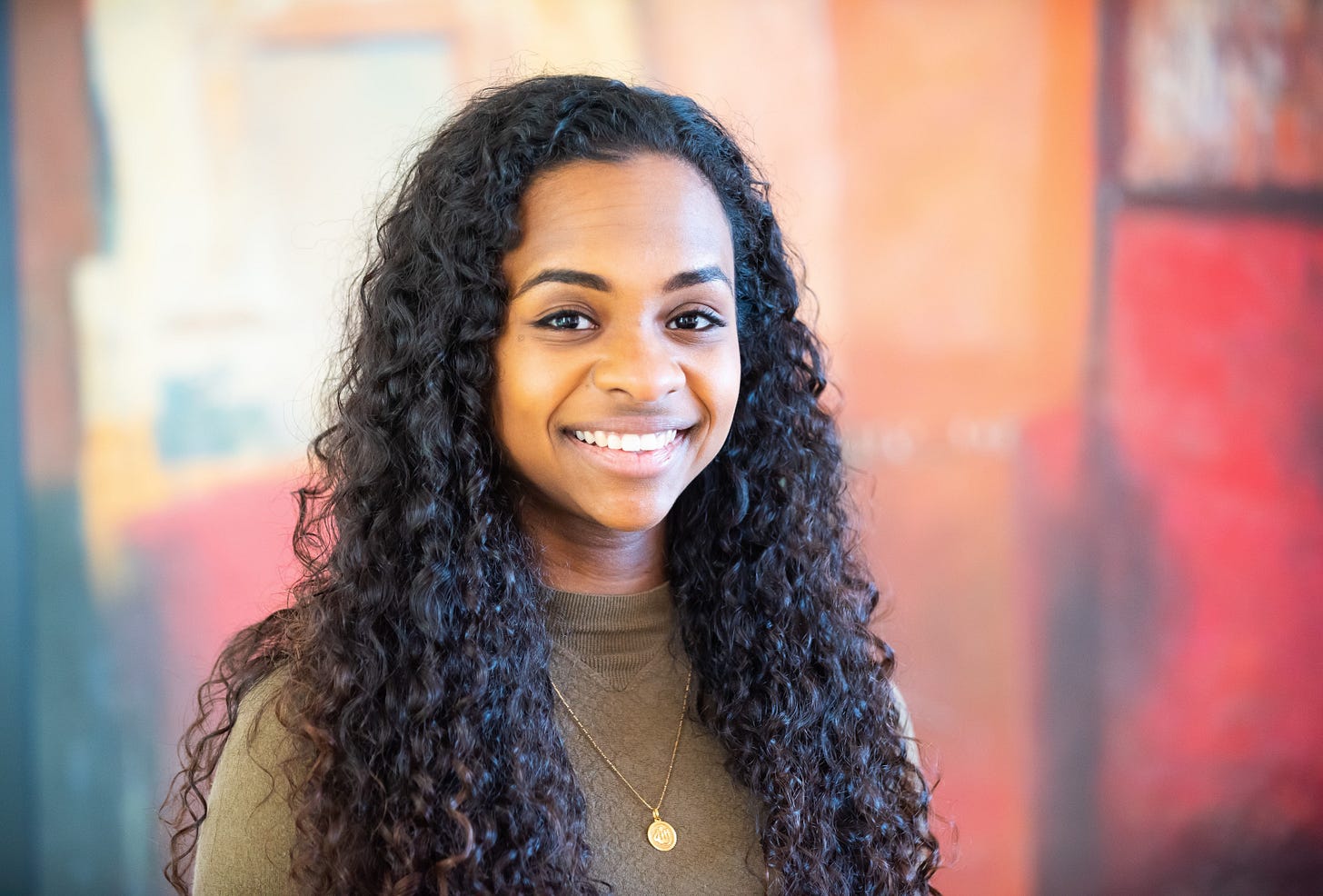Hafsa Zayyan: “I always have to prove I’m half-South Asian because I look Black”
The author on anti-Blackness, liberalising conversations and being 100% of everything
Hi, welcome back to Mixed Messages! This week I’m speaking to author Hafsa Zayyan, who is of Nigerian and Pakistani heritage. Hafsa was one of the inaugural winners of the Merky Books prize with her transporting debut novel, We Are All Birds of Uganda. The story is split between 1960s Uganda, where South Asian Hasan struggles with …


